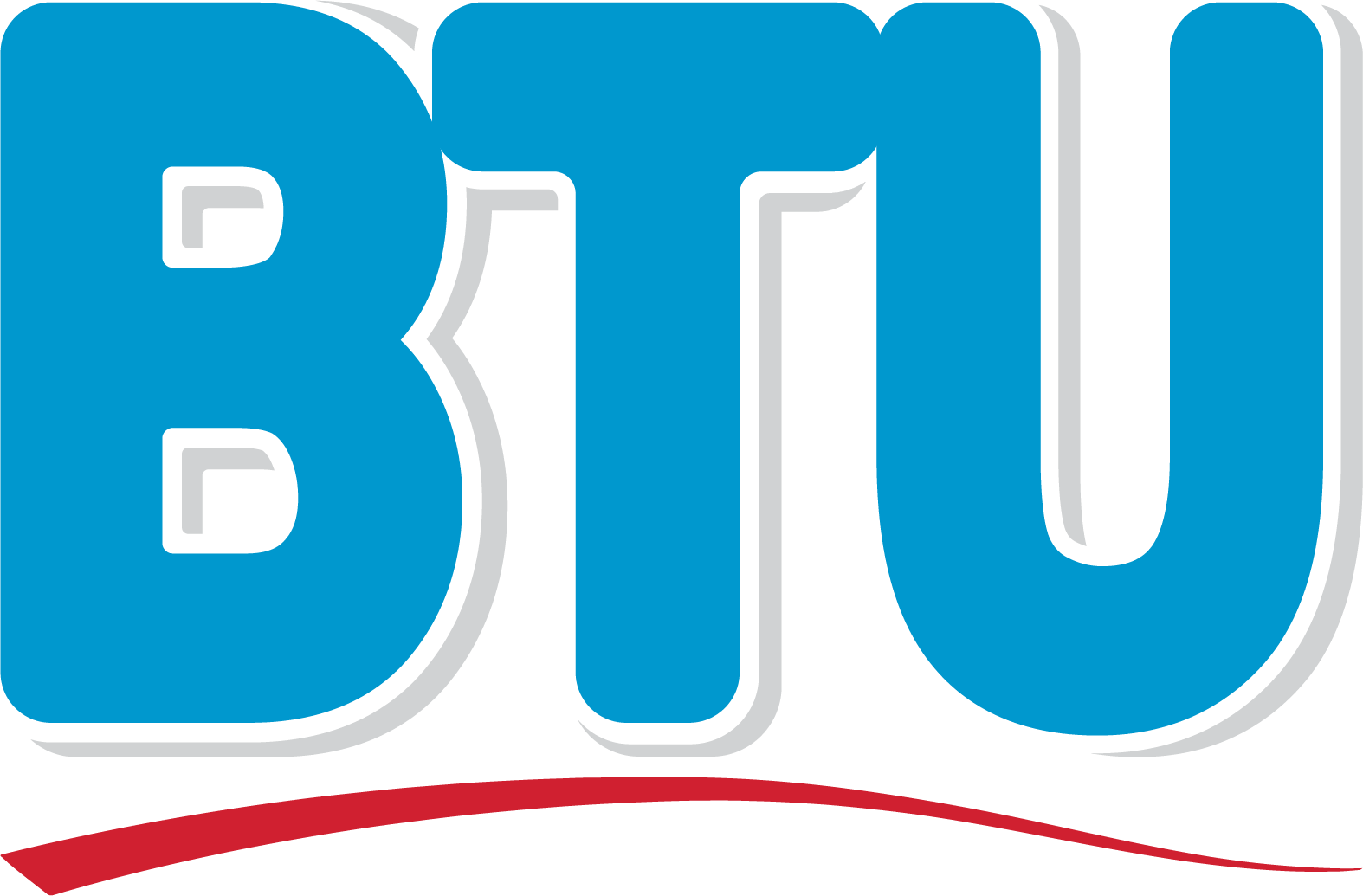The BTU lobby and drive-through will be closed on Mon. 1/19 in observance of Martin Luther King, Jr. Day. We will reopen Tues. 1/20 at 8 a.m. Payments can be made online or at a BTU kiosk.
Your Wastewater Fee is Based on Upcoming Water Use
The City of Bryan would like to remind customers that, per city ordinance, your wastewater fee is determined by your water usage for billing cycles that end in December, January and February. For example, if your bill is issued on Dec. 2, the water usage reflected will be from Nov. 2 to Dec. 2. In this case, your water consumption is from November. The amount you are charged for wastewater from March through February is based on the second-highest month’s water consumption within the December to February billing period. By conserving water during the months leading up to your billing cycles in this period, you can reduce your wastewater bill.
Here are some tips to help you save water and money:
Water Conservation Tips
- Fix leaks: Check faucets, toilets, and pipes for any leaks and repair them as soon as possible. Even small leaks can add up.
- Shorten showers: Cutting your shower time by just a couple of minutes can save gallons of water.
- Turn off the tap: Don’t leave the water running while brushing your teeth or washing dishes. If you use a water hose outside, make sure it has a shut off nozzle.
- Use appliances efficiently: Only run full loads of laundry and dishes to maximize water use.
- Monitor usage: Track hourly water usage through your btutilities.com account. Be aware of unusual spikes.
- Reduce refills: Cover pools and spas to reduce the need to refill.
Lawn Irrigation Tips
- Sign up for weekly Brazos Valley WaterSmart emails: This free program provides customized watering recommendations based on data from weather stations and rain gauges throughout our area. Visit bvwatersmart.tamu.edu to learn more.
- Reduce evaporation: Water early in the morning or later in the evening to avoid water loss due to evaporation during the heat of the day.
- Check the system: Regularly inspect your irrigation system for leaks and broken heads, and make sure you’re not watering concrete.
- Prevent runoff: Use low-output sprinkler heads, bubblers, and drip irrigation to reduce runoff. Practice the cycle and soak method by watering in shorter intervals to allow the soil to absorb water more effectively.
Freeze Preparedness Tips
Winter freezes can lead to broken pipes, causing water loss and costly repairs.
- Wrap exposed pipes: Use foam pipe insulation, heat tape, or other insulating materials to cover exposed outdoor pipes, including those in attics, crawl spaces, or garages.
- Cover outdoor faucets: Install faucet covers or use foam insulation to protect exterior faucets from freezing.
- Disconnect outdoor hoses: Remove and store garden hoses before the first freeze to prevent damage to your faucet and pipes.
- Drip, don’t run: Only drip faucets in areas where pipes are more exposed to freezing, like those along exterior walls or in unheated garages or attics. Turn the faucet on just enough for water to drip once every few seconds, not a stream. For single-handle faucets, leave it in the “warm” position to keep both hot and cold water flowing. For two-handle faucets, open both sides slightly.
- Capture the drip: Place a container under the dripping faucet to collect the water to use for other purposes.
- Locate your water shutoff valve: Know where your shutoff valve is in case a pipe bursts, so you can quickly stop the water flow.
- Inspect for leaks promptly: After a freeze, check for leaks both indoors and outdoors. A quick repair can prevent further water loss and damage.
For more information, or if you have questions, please call Water Services at 979-209-5900.
